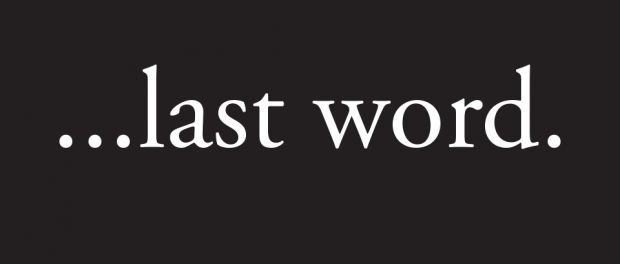The message of #MeToo
It’s time for a change in the culture, both within and outside of the workplace

Over the past few months, we have been witnessing an extraordinary shift in the public perception and understanding of sexual assault and sexual harassment. Inspired initially by the multiple allegations against film producer Harvey Weinstein that surfaced in October 2017, women around the world were soon using the social media hashtag #MeToo and describing their own experiences with sexual harassment and assault in their workplaces and in their communities. It quickly became disturbingly apparent that millions of women shared not only similar experiences of unwanted and unwelcome sexual attention from men, but also a common sense of frustration at the absence of effective recourse available to them through their employers, or through a justice system that, more often than not, seemed focused on judging the victims of sexual assault rather than the perpetrators.
In the ensuing weeks a growing list of high-profile men—actors and others in the film industry, well-known media personalities, prominent journalists and politicians—found themselves falling from positions of power in the wake of revelations about their conduct toward women. The movement has even jolted the political landscape here in Ontario, and may play a significant role in the outcome of the June provincial election after the sudden resignation of Progressive Conservative Leader Patrick Brown in the wake of allegations against him.
In just a matter of months, the Me Too phenomenon has come to be seen by many as a watershed moment and a seismic shift in the power dynamic between men and women, particularly in the workplace. It’s important to remember though, that unlike movie stars or other women who come forward about men in high-profile positions, many women who have been victims of sexual harassment or assault in their workplaces still do not feel that they are in a position to take action. Notwithstanding nominal legislative protections against harassment, working women—especially working women who do not have the protection of a union—often fear dire consequences for speaking up.
It’s also important to remember that, while all of this may seem to have happened quite suddenly, this is hardly a case of swift justice. The behaviours that have finally been exposed have been going on for years, sometimes for decades. To the extent that Me Too is a victory for women, it’s a hard-fought victory that’s been a long time coming, a victory against which most of the power structures in our society have actively conspired.
The labour movement has a long history of promoting and fighting on behalf of gender equity, and for almost a century OSSTF/FEESO has been at the forefront of that battle. At the Federation’s second annual meeting in 1920, in fact, a motion was passed supporting the principle of equal pay for equal work, and through the ensuing decades we have maintained a focus on the rights of women. Most recently, our provincial Status of Women Committee has developed the Pathways to Leadership resource to encourage and guide women who seek a more active role within the Federation at both the local and provincial level.
We have, for a number of years, paid specific attention to the issue of sexual harassment. In the early 1990s, OSSTF/FEESO launched The Joke’s Over, a meticulously-researched resource to help educators address sexual harassment in our schools. In 2010 we followed up with Still Not Laughing, an updated resource and associated workshop offered by our Educational Services Department.
It’s important for us to celebrate the work that we’ve done on behalf of gender equity, as well as our targeted efforts against sexual harassment. But while Me Too has shown us that significant victories are possible, it has also served as a dramatic illustration of the depth of the problem, and a reminder that unacceptable behaviour on the part of men towards women is still common in many workplaces and working relationships. We will always fight for better protections and policies, and for improved processes that remove the fear of reprisal when women come forward. But let’s also hope that Me Too will be a catalyst for men to undertake an honest audit of their attitudes and behaviours towards the women with whom they work and socialize. Policies, procedures and other formal protections, however well-conceived, are still after-the-fact responses. A significant shift in the culture, both inside and outside of our workplaces, would be a far better solution.

Leave a comment